Request a Demo
Run your data operations on a single, unified platform.
- Easy setup, no data storage required
- Free forever for core features
- Simple expansion with additional credits

Thank you! Your submission has been received!
Oops! Something went wrong while submitting the form.

Tag, Track, and Certify Data in One Metadata Layer
Every execution, every table, every user—captured as active metadata and unified for governance, observability, and automation.

1,050+ Attributes in One Metadata Layer

450+
Jobs & Pipeline Execution
340+
User Access & Security
260+
User Data Assets & Lineage
See Keboola Metadata in action
Complete Pipeline Observability
Keboola gives you a single pane of glass into every job, transformation, and data flow — with runtime, cost, and error details automatically captured. Instead of chasing failures across platforms, your team gets a complete picture in one place.
- Detect failures instantly before they cascade downstream.
- Trace errors back to their exact source in minutes, not days.
- Optimize pipeline performance while cutting wasted compute spend.
Prevent Downstream Breakages
From ingestion to transformation to output, Keboola tracks every dataset, bucket, column, and dependency. Engineers gain complete lineage to understand how data flows, transforms, and is consumed across projects and teams.
- Impact analysis of schema or pipeline changes.
- Debug broken dashboards by tracing upstream lineage.
- Reduce duplication by consolidating redundant datasets.
Audit trails & compliance built in
Over 50 types of security and access events are automatically captured — from user logins and token creation to data exports and role changes and seamlessly streamed into your SIEM (Splunk, Datadog, ELK, etc.) for real-time monitoring and automated alerting.
- Push all events directly into your existing SIEM for centralized monitoring.
- Identify anomalies like suspicious logins or unexpected token usage
- Provide auditors with full logs that demonstrate GDPR or SOX compliance.
Measure adoption & data culture
Every action inside Keboola — from job runs to data app sessions — is tracked and transformed into insights your teams can act on. Usage and adoption metadata helps you see how your platform is being used, where it’s underutilized, and how to accelerate adoption.
- Track consumption trends across projects and teams.
- Identify power users vs. inactive users.
- Spot opportunities for new automation and self-service projects.
From cost visibility to true TCO
Every project can be mapped to a team or use case. Usage in the projects is automatically tracked and attributed, enabling a “Zero IT Budget” model where IT owns the platform but reinvoices departments based on actual consumption of cloud resources.
- Attribute spend to projects, departments, or business use cases.
- Track the true cost of analytics, operations, and infrastructure.
- Enable internal chargeback and prove ROI of the data platform.
Compliance, Built In
Built-in audit trails and access controls keep you compliant while engineers keep shipping.
One Platform, No Sprawl
Replace 10+ siloed tools with one source of truth for lineage, observability, and governance.
Zero IT Budget
Track true usage and re-invoice costs to departments — proving ROI and ending shadow IT spend.
Activate your Metadata
Power a data catalog, lineage, and activity center directly in Keboola — giving you transparency, control, and trusted data without managing multiple platforms.
DATA CATALOG
Governed, collaborative data sharing
Keboola Data Catalog transforms raw datasets into certified data products enriched with full metadata context. This makes it simple to discover, share, and reuse trusted data across teams — with governance baked in.
ACTIVITY CENTEr
360° Insight from Your Metadata
Turn Keboola metadata into a live control tower for your Keboola projects — monitor spend, performance, and security in one unified view, built to keep your data operations lean, transparent, and reliable.
In Private Beta
DATA lineage
End-to-end clarity for every pipeline
From source to dashboard, Keboola tracks every dataset and dependency. Spot issues before they cascade, understand the impact of every schema change, and ship with peace of mind.
What sets Keboola Metadata Layer
apart from other Metadata Services
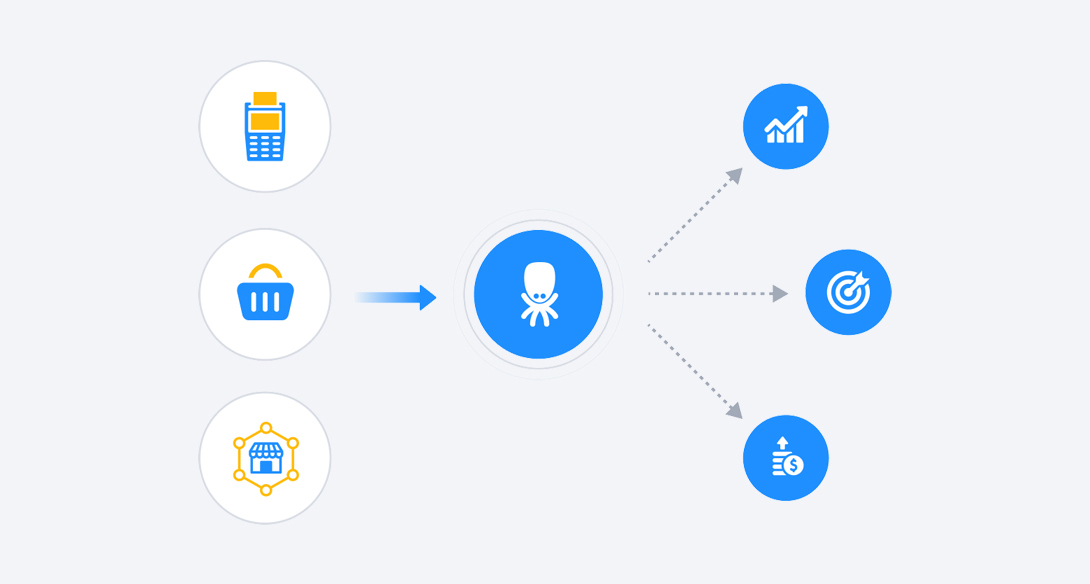
End-to-End Data Platform Without the Overhead
Run your entire data lifecycle—ingestion to AI delivery—on one governed platform, replacing dozens of tools and eliminating integration headaches.
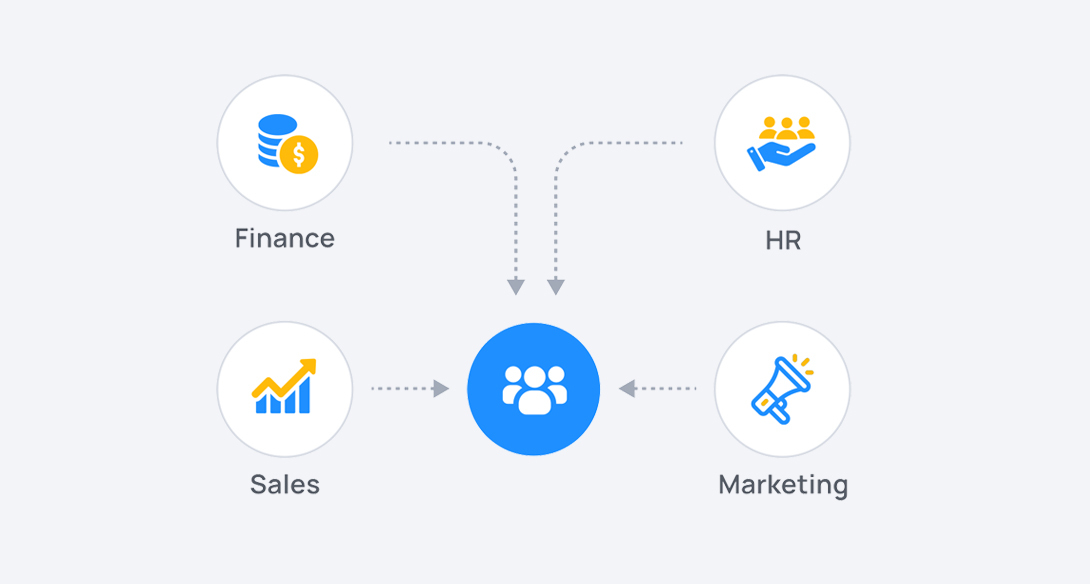
Operationalize AI Across the Business
Turn any dataset into AI-powered applications and automations—safely, predictably, and at scale.
.webp)
Deploy Anywhere, Stay in Control
Run Keboola on AWS, Azure, GCP, or your private cloud—without lock-in, with seamless integration to your existing stack.
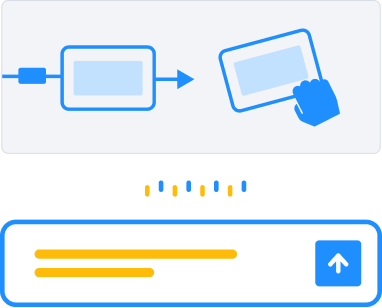
Freedom to Build, Your Way — With AI at the Core
Whether you’re coding in Python or SQL, building flows in UI, or prompting AI to generate pipelines—Keboola adapts to your workflow.
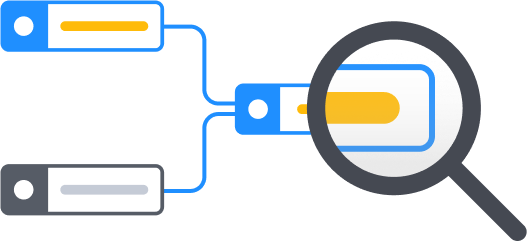
Active Metadata to Power Observability
Trace every dataset, transformation, and output instantly—across the entire platform—for compliance, debugging, and trust.
Your Peers Already Chose Keboola
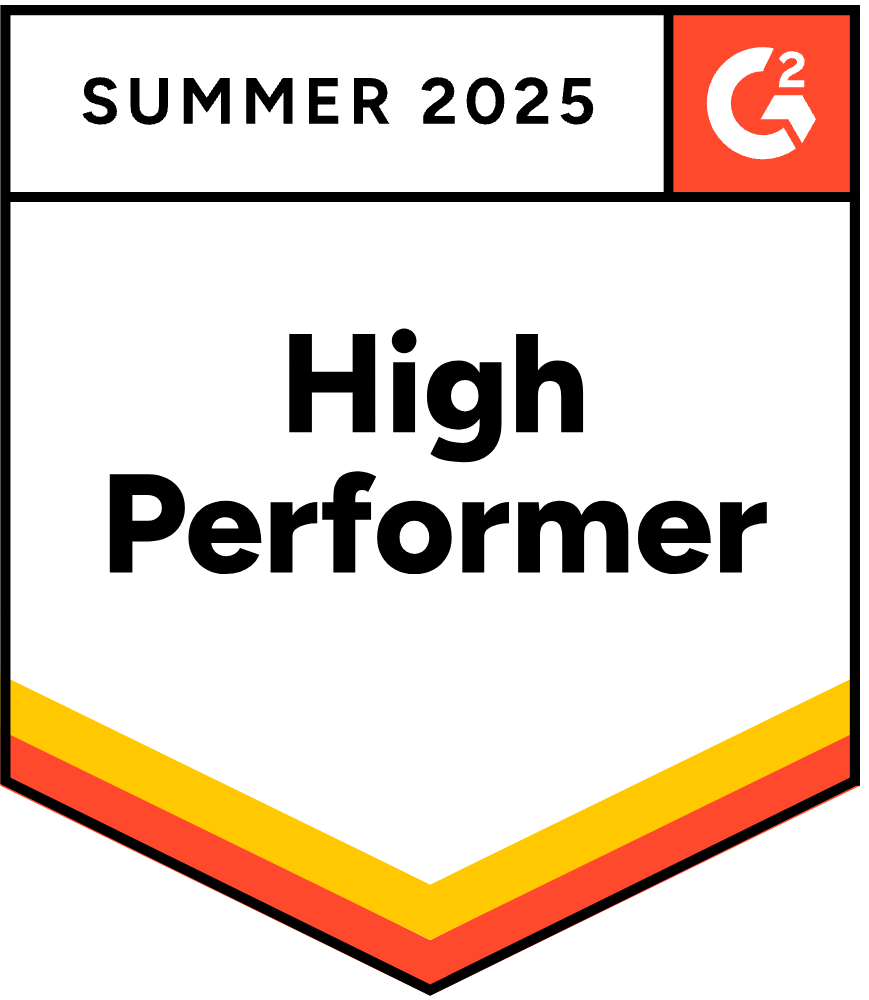



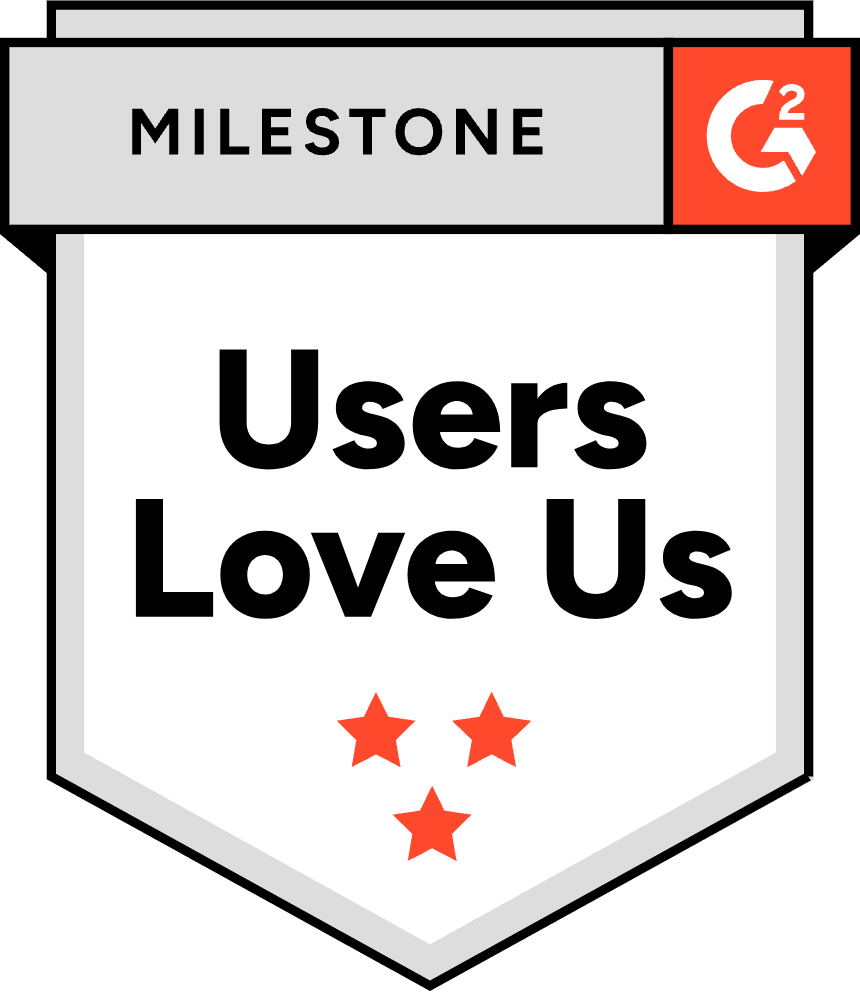
You’re in good company
FAQs
What exactly is Keboola—data platform, AI platform, or both?
Keboola is both—a unified AI & Data Platform built from the ground up to support autonomous AI operations with enterprise-grade reliability and security. It can be fully operated via your preferred AI agents, IDEs, or assistants—like Cursor, Windsurf, Claude, and more. From building and orchestrating pipelines to creating new integrations, handling maintenance, or running analytics and insights, you can control Keboola entirely from your chosen interface—while keeping every process secure, governed, and auditable.
What is Keboola Metadata?
Keboola Metadata is a unified metadata layer that combines data catalog, lineage, observability, and governance in one platform. Unlike standalone catalogs, it is natively embedded in the data pipeline, automatically capturing metadata from every job, dataset, user, and project — no extra tools required.
Why is metadata management important for data teams?
Without metadata, data becomes fragmented and untrustworthy. Keboola ensures full transparency of data flows, sources, and transformations, helping teams trust their data, speed up troubleshooting, and meet compliance requirements.
How is Keboola different from traditional data catalogs?
Traditional catalogs require heavy integrations and manual work. Keboola’s metadata is automatically collected and actionable, directly linked to pipeline operations, cost tracking, and governance controls.
What are tags in Keboola Metadata?
Tags are custom key-value attributes applied to tables, buckets, flows, or configurations. They enable certified datasets, sensitive data classification, and separation of environments (dev/prod).
How do tags improve governance?
Tags allow IT leaders to certify datasets, restrict sensitive data, and automate masking policies. This creates policy-based governance without slowing engineering teams.
What telemetry data does Keboola provide?
Keboola captures 44+ telemetry tables with 1,100+ attributes, covering jobs, flows, transformations, storage, users, tokens, cost usage, and security events. This gives a complete observability layer for the entire data lifecycle.
Can telemetry data integrate with external monitoring or catalog tools?
Yes. Keboola was designed API-first, which means all telemetry and metadata can be exported or accessed programmatically. You can push detailed metrics — from jobs, flows, storage, users, and costs — into observability platforms, BI dashboards, or SIEM/security tools using native connectors or APIs.
Keboola also supports the OpenLineage standard, making it easy to integrate with external data catalogs, governance tools, and lineage platforms that use the same protocol. This ensures interoperability in complex enterprise environments, while still giving you the advantage of having complete, automatically captured metadata natively inside Keboola.
With this flexibility, data teams can use Keboola as their central metadata backbone while still connecting seamlessly to Collibra, Atlan, or other external governance ecosystems if required.
Does Keboola support multi-org governance?
Yes. Keboola was built for multi-project, multi-maintainer organizations, which means you get a structured metadata model out of the box. Metadata is automatically scoped at the organization, project, and even branch level, giving IT and data leaders granular visibility and control across complex environments.
This structure ensures that metadata is consistent, discoverable, and actionable across departments, business units, or use cases — without requiring additional configuration. For example:
- Organization level: global policies, compliance, and cost tracking.
- Project level: individual team workloads, departmental datasets, or specific business use cases.
- Branch level: development vs. production environments for safe iteration.
Because this hierarchy is natively part of Keboola, you don’t need to stitch together metadata from scattered tools. Instead, you get a single source of truth that reflects your actual organization structure, ready for governance, observability, cost attribution, and integration into external catalogs.







